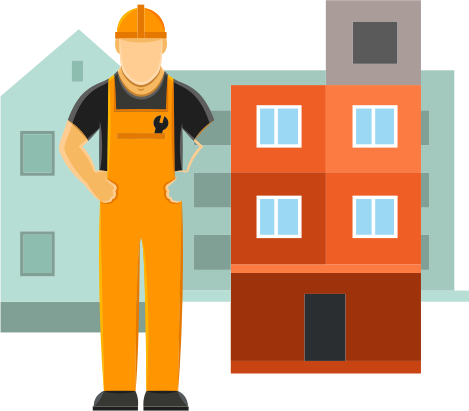This action will develop the tests and documentation needed to characterize technically and environmentally the recycled and natural technologies selected. The project includes the use of standard natural materials such as wood, not very used material like cork, and non-introduced materials in construction market such as kenaf insulation, rice husks materials and fly ash concrete composites.
According to the level of introduction of the technology in the market, the characterization will be developed in 2 levels:
1. Environmental characterization of materials with low market rate [wood, cork and biomass fuels];
2. Environmental, technical characterization and CE mark for new construction technologies [kenaf insulation, rice husks insulation and fly ash concrete composites].
The characterization of the materials will include:
- Laboratory tests of the project technologies in order to comply with the construction legislation and CE mark. Different dosages and mixes will be tested in this stage. These tests will include, at least: resistance tests, thermal and acoustic insulation, ageing test of natural materials and water resistance tests.
- Environmental information files for the recycled and natural technologies selected according to EPD methodology.
- Real scale tests to train the assembly of the technologies of the project before the demonstration activities. It will include in-site tests to check the concordance between the laboratory and the real situation. The tests in real scale laboratory will include: thermography, air permeability, blower door, transmittance of materials and acoustic tests.
- Agriculture pilot experiences in the resources needed to manufacture the construction material supported by the project in order to check the embodied energy and optimization in the participating regions in the project.
This action has the following sub-actions:
B 1.1. Technical and economical characterization and test of natural and recycled materials in laboratory:
This sub-action will be focused on the technical works needed to develop the tests according to ISO regulations. The technologies tested will be compared exhaustively with their standard construction alternative. The main results of this sub-action will be the percentages of improvement (or decrement) of the natural/recycled technology compared with the standard one. The comparison will be focused on economical and technical figures such as construction costs, maintenance costs, thermal and acoustic insulation, resistance, embodied energy and emissions, emitted gasses, etc.
B 1.2. Agriculture pilot experiences:
This sub-action will develop real agriculture tests in order to know and optimize the cultivation of the natural resources used in the technologies supported by the project. This sub-action will take into account the following indicators: water consumption, soil needs, fertilizers options, agriculture machinery used in cultivation and recollection, weather response, climate change expected impact, etc.
B 1.3. Test of technologies in real scale construction laboratory:
This sub-action will test the proposed technologies in a real scale laboratory, previously demonstration actions in order to train the assembly and test the real improvements in 1:1 scale. This sub-action will include in-site construction tests to check the laboratory results and to provide a consistent documentation to develop the technical design of the demonstrators.




